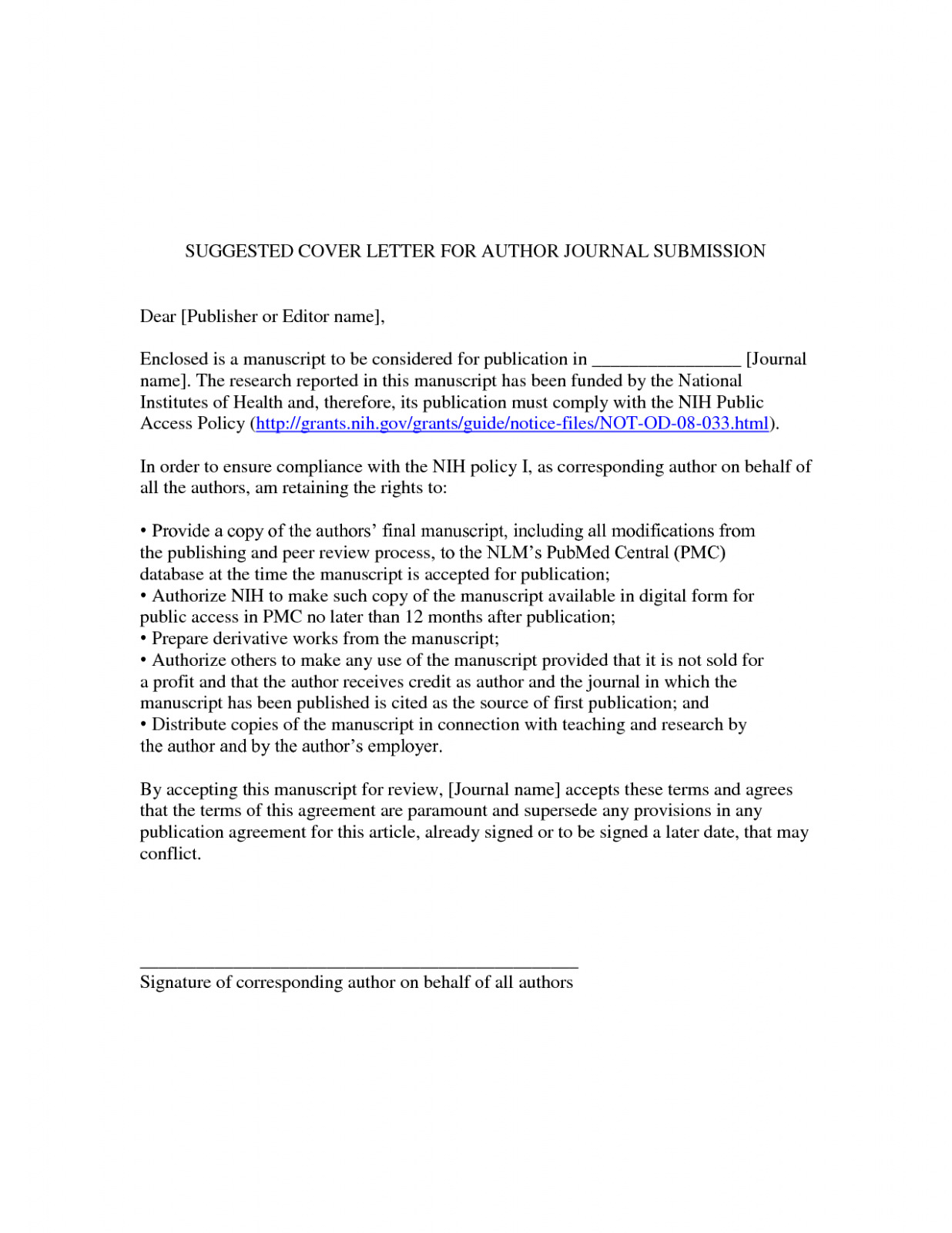
Reviews focus on past empirical and/or conceptual and theoretical work. but excluding references and electronic supplements), which advance research and knowledge in an area through noteworthy findings and/or new methods. All modes of empirical research are welcome.īrief Reports are reserved for short, cutting-edge empirical papers that are no longer than 4,000 words in length (including body text, tables, appendices, etc. Empirical Articles will thus vary considerably in length, but should be no longer than 40 manuscript pages text and graphics should be as concise as material permits. Reports of multiple studies, methods, or settings are encouraged, but single-study reports are also considered. To be accepted, empirical articles must be judged as being high in scientific quality, contributing to the empirical base of child development, and having important theoretical, practical, and/or interdisciplinary implications.

Note that we encourage extensive use of electronic supplements that do not count toward the page limit.Įmpirical Articles comprise the major portion of the journal. With the exception noted below, if the submission is more than 40 pages, it will be returned to the author for shortening prior to editorial review. Most submissions (see below) are expected to be no more than 40 manuscript pages, including tables, references, and figures (but excluding appendices). Inquiries concerning alternative formats should be addressed to the Editor-in-Chief prior to submission. Conflicts of Interest and the Review ProcessĬhild Development considers manuscripts in the formats described below.


External Manuscript Resources, Preregistrations, and Data.


 0 kommentar(er)
0 kommentar(er)
